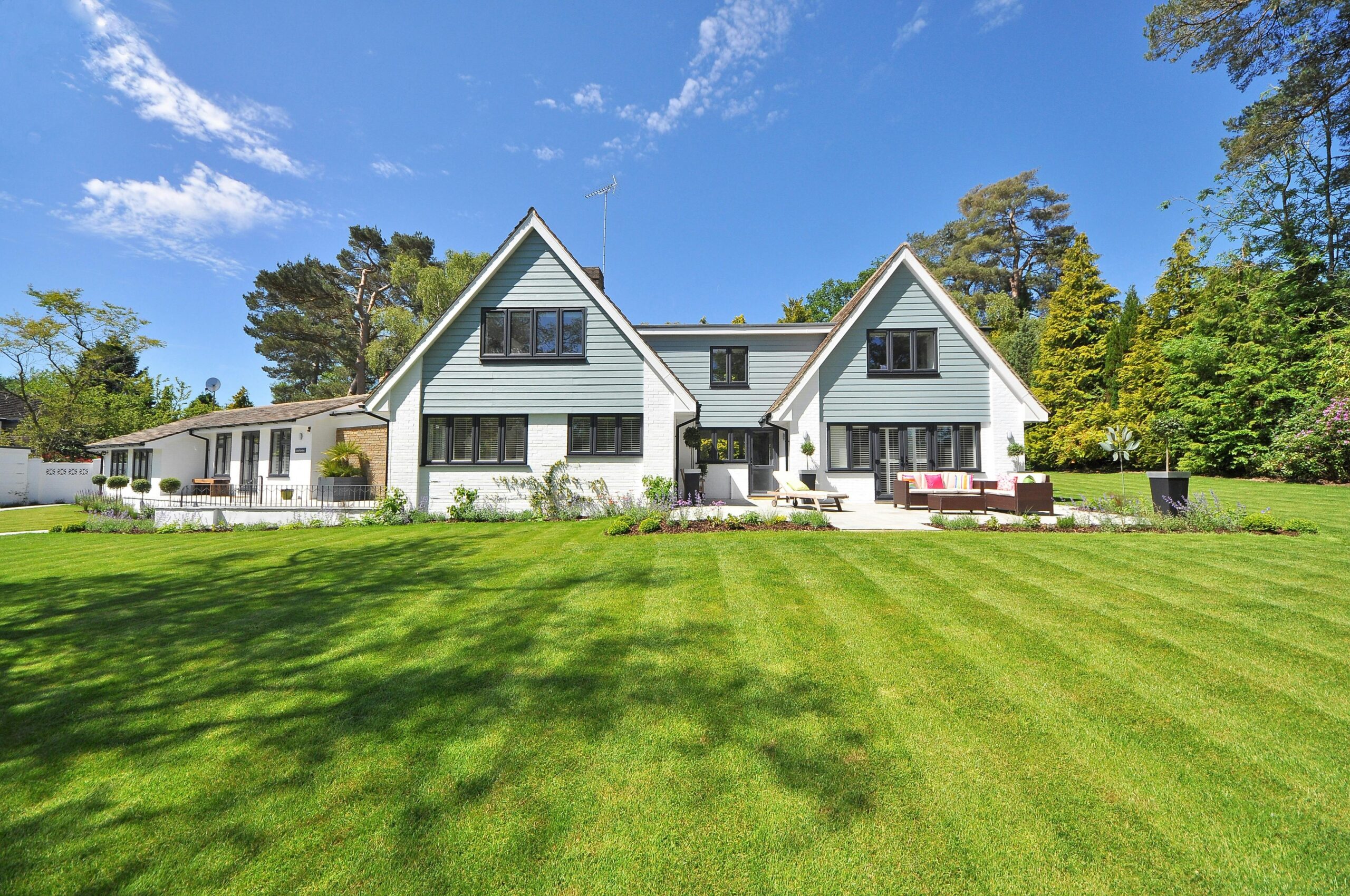
This is good if you are thinking about investing in rental property. Investment property buying involves understanding rental principles, mortgage financing, tenant-landlord relationships, and managing the property.
It could be profitable, though like with any investment, one should do after some good research. Invest in real estate to let.
Key Takeaways
- Then, a practical landlord must know an enormous list – from the basics of tenant law to how to tighten a dripping faucet.
- If you cannot do it yourself, consider paying for services from a property manager or, in the alternative, invest in real estate investment trusts.
- If they are full-time rental property investors, it consumes much time that they used choosing houses, fixing, and managing.
- Condos, multi-family homes, holiday homes, and houses are some of the typical investment rental properties.
So You Want to Be a Landlord?
The money generated from acquiring investment property to rent sometimes turns out pretty good, even though it is time and money-consuming. Following that, one needs to prep the unit, find reliable tenants, and maintain it.
Repairs and maintenance can also reduce your rental income. After all, such a situation can arise at any time as in the case of roof damage. One percent of the investment property value should be reserved for repairs.
Owners can choose to hire a manager or handle the property themselves. Property managers commonly charge 8% to 12% of collected rents. Inexpensive as it may be, a property manager could offer services ranging from maintenance and repair works to new tenant screening and even late payments of rentals.
Landlords and tenants must be aware of their landlord-tenant law, state, and locality. Both parties have rights and responsibilities regarding security deposits, lease requirements, eviction processes, and the requirements of fair housing laws.
Property invested in must be protected. In addition to homeowner’s insurance, the landlord and rental property owner can purchase landlord insurance, which protects the property from damage and loss of rent; and liability if a tenant or guest is injured because of something associated with property maintenance.
Buying a Rental Property
Normally, finding the right property requires getting prepared to secure financing to raise funds for that specific property.
Location, Location, Location
A location with low enough property taxes, good school districts, and walkable amenities in the form of restaurants, coffee shops, or parks will raise your chances of finding a profitable rental property.
It might be a good neighborhood for a low crime rate, easy access to public transportation, and an emerging job market.
An area with a growing population or one planned to be revitalized would be an investment opportunity.
Real estate websites online, such as Zillow.com, give investors access to information about properties, such as rental values and current property investments. Listings on Airbnb.com give an approximate going rate for short-term vacation homes or condos in any neighborhood. Long-term rentals are available on Trulia and Realtor.com.
Financing Your Rental Property
In short, a mortgage for rental property is almost similar to a primary residence mortgage but it also has some significant differences. Since rentals have higher default rates, landlords normally charge higher interest rates on their rental properties.
Just like a homebuyer, an investor can either opt for a traditional mortgage loan or become qualified for an FHA loan or VA loan.
The underwriting criteria may be higher in the case of a rental property applicant. Mortgage lenders will look at a credit score, down payment, and debt-to-income ratio. These are factors applicable to a rental property mortgage but held to a more stringent credit history and higher down payment by the investor.
Conventional requirements for a rental property loan
- Credit score: At least 620; better rates and terms with credit scores of 740 or higher.
- Down payment: For most government-backed mortgages, 0% to 3% can work on a mortgage for a primary residence, but borrowers who invest in real estate normally need to put 15% to 25% down.
- The debt-to-income ratio (DTI): A DTI is a percentage of monthly income applied toward debt. Generally speaking, lenders will allow you to include in your DTI up to 75% of the anticipated rental income.
- Savings: Adequate funds should exist for borrowers to repay three to six months of mortgage payments in principle, interest, taxes, and insurance.
Cash purchase vs. finance: Is better? That is dependent upon the investor’s objectives and savings. It might be possible for an investment property to be bought in cash, bringing immediate positive cash flow monthly. But that is not so for most. Prejudice in mortgage lending is prohibited. If you believe that you have been discriminated against because of race, religion, sex, marital status, public assistance status, national origin or ancestry, physical or mental disability, or age, the Housing Department and Buildings Department, or HUD, is where you can file a complaint if you’d like. Together with the U.S.
Making Money in Rentals
Rent contributed by operation cost on a new rental property ranges between 35% and 80% of your gross operating income.
If it charges $1,500 a month and the expense is at $600 a month, that’s 40% of operating expenses.
Most investors use the 50% rule. If it’s $2,000 a month in rent, expect to pay $1,000 in total expenses.
To save you money, check if an insurance company allows you to bundle landlord insurance with a homeowner’s policy.
Wall Street companies want to make between 5% and 7% on distressed property purchases. He suggests the individual target 10%.
Assume an annual maintenance cost of 1% of property value.
Other charges include home insurance, association fees, and property taxes, and monthly expenses such as pest control, landscaping, and maintenance.
Despite the potential for stocks to yield a 7.5% cash-on-cash return or bonds to yield a 4.5% return, landlord income typically generates a healthy 6% in the first year of investment, property, and that number should increase over time.
ROI
For rental property investors, the return on investment is determined as follows: ROI = (Annual Rental Income – Annual Operating Costs) ÷ Mortgage Value
Some invest through what is known as house flipping: purchasing a property at below-market cost, fixing some or all of it, and then selling that house at a high profit. Investors must weigh important considerations like reasonably priced labor and materials when making decisions during a “flip,” which may or may not include tenants.
Rental Property: Risks and Rewards
Rewards
- This also flows passively, hence one earns money while working.
- With real estate value increasing, their investment value goes up accordingly.
- Income from such sources as social security is nontaxable.
- Interest on a loan on an investment property may be tax-deductible.
- Real estate is a product in real life.
Risks
- Maintenance costs and expenses of the property can reduce the rental income.
- The entire monthly payment of a mortgage loan might not be covered by rental income.
- The selling process for real estate is lengthy and not very liquid.
- High transaction cost or entry-exit cost.
- Even after the tenant vacates the rental property, the landlord still has overhead to pay.
Conclusion
A rental property is such a good investment because it generates passive, steady income for an investor.
As usual, do your homework first. Studying the laws governing landlords and tenants, mortgage terms, leasing practices, and property management issues are all important when investing in rental real estate.
FAQs
Should I find a real estate investing partner?
An equity real estate partner finances the deal in exchange for a share of profits. Finding a local real estate investments club, crowdfunding real estate, and leveraging your network of friends and family are further options.
What is the amount of the down payment needed to buy an investment property?
In other words, rules are tightened around properties bought with the intent to rent. With a 3% possible down when buying a primary home, most borrowers will need to bring 15% to 20% down on a rental property.
Should you buy a condominium?
Condos are a great investment for any rental property investor since they are placed in locations highly in demand. Typically, condominiums are less costly to maintain and cheaper than single-family houses. Conversely, association fees and the likelihood of costly special assessments will add another layer of risk. One must first study the financial integrity of the homeowners association along with the state of the entire structure and unit at hand.



